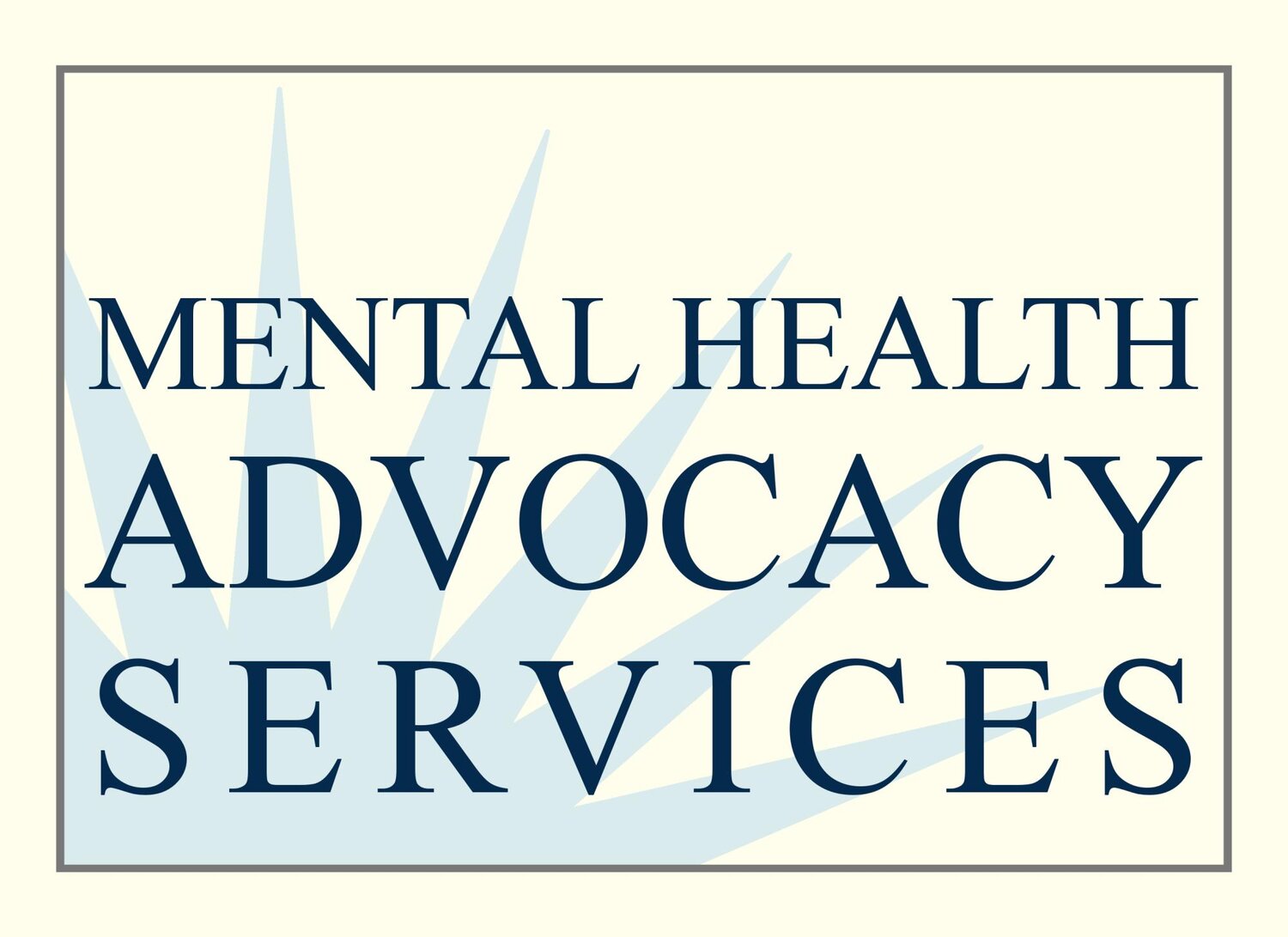Legal Super-Utilizers
by Eliza SchaflerEliza Schafler is an MHAS Equal Justice Works Fellow sponsored by Greenberg Traurig, LLP.
In the health care community, there has been a lot of talk in recent years about a group of patients known as “super-utilizers.” Who are they? According to the Robert Wood Johnson Foundation, they are those who “make frequent return trips to emergency departments…or repeated inpatient hospital stays.” To put it in numerical form, they are the sickest 5 percent of patients in the United States – and yet they cause over 60% of health care costs. They also tend to suffer from problems beyond the scope of traditional health care, such as homelessness, that make them an important focus for the medical-legal partnership movement and other creative solutions.As medical-legal partnerships bring some of the vocabulary of the medical world into the legal services community, it seems logical to ask the question: Are there legal super-utilizers – people who have an unusually high number of legal problems and must seek legal assistance repeatedly? If so, what can we do to help them? And how can we ensure we are using our resources as efficiently as possible?Our preliminary data collection for our Behavioral Health-Legal Partnership (BeHeLP) suggests that we do see legal super-utilizers. As of June 2014, the majority of BeHeLP clients had one legal need, but a smaller group of clients – roughly 18% – had 4 or more legal needs. An even smaller percentage had 5 legal needs or more.In contemplating the reason for legal super-utilizers, the answer may come back to health. We know that health and mental health needs can trigger legal problems, and vice versa; this is part of what makes holistic and interdisciplinary models like medical-legal partnership so useful. In addition, social workers can help prevent social problems from escalating to legal ones.At BeHeLP, our basic goal is to help children with mental illness and their families achieve health and well-being by addressing their legal needs. When our medical-legal team encounters super-utilizers of any kind, we want to be ready.
